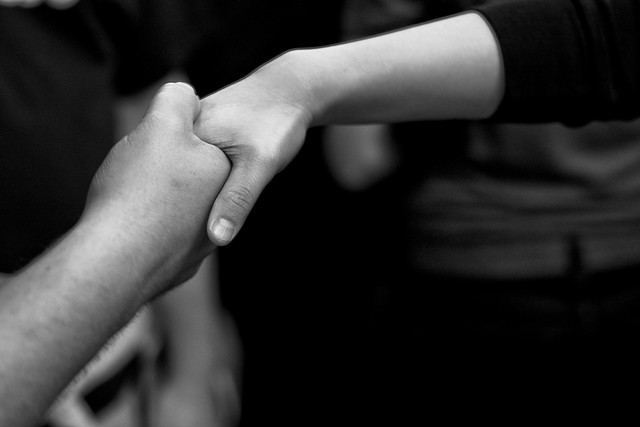
Unlike what we’re shown in TV and movies, most criminal cases don’t actually end up in a courtroom. In fact, just a small percentages of cases are heard by a jury. Instead, most end with a plea agreement which is also referred to as a plea bargain.
These are agreements that put a limit on the crime a defendant may be convicted of. They can also make a kind of promise about the sentence you’ll receive.
What is a plea bargain?
A plea bargain is basically an agreement between the defendant and the prosecution to compromise. Both sides agree to get some of what they want. There are two primary kinds of plea bargains in Wisconsin:
- 1: Guilty pleas: The defendant admits to committing a crime.
- 2: No contest: These are also called “Nolo contendere” pleas. Rather than admit or deny they actually committed a crime, the defendant admits there’s enough evidence to convict them. Essentially, they’re saying, “I won’t say I did it and I won’t say I didn’t do it, but I will say there’s evidence to make it look like I did.”
Why enter a plea at all?
So why do so many people opt for plea bargains rather than going to trial? Prosecutors tend to prefer plea agreements because they save time and get them the conviction they’re after.
For defendants, it usually means a less severe punishment. In most cases, plea bargains guarantee lighter sentences than going to court and losing.
Why is it better to take a plea rather than risk losing in court?
Two reasons:
- 1: In some cases, the prosecution will agree to either drop some criminal charges and/or reduce punishments in exchange for a guilty plea from the defendant.
- 2: In other cases, the prosecution agrees to a particular sentence and makes it a part of the plea agreement by promising the defendant to recommend that sentence to the judge at sentencing.
Do judges have to honor plea agreements in Wisconsin?
Although judges aren’t required to agree to a plea agreement, most judges trust prosecutors and will agree to along with the deals they work out.
Judges may reject a deal if he or she feels it doesn’t fit the severity of the crime or takes prior convictions or particularly violent or destructive behavior into consideration.
What happens if a judge rejects my plea deal in Wisconsin?
If the judge rejects the deal, he or she will hand down a sentence of their own. If this happens, there’s still an opportunity to get the deal you bargained for.
In most cases, you can file an appeal to have your case looked at by another judge or higher court. If you win your appeal, the case is sent back for the judge to give you the sentence in the plea deal.
Can I withdraw my plea?
Before sentencing, yes. At or after sentencing, no. If your sentence is announced, your only option is to appeal and challenge the plea itself (arguing you were coerced into pleading guilty or didn’t understand what it means to plead guilty), or arguing against the sentence you were given.
Should I have an attorney?
Attorneys play a vital role in helping defendants understand the deals being presented to them and advising them on making smart decisions.
If you’re facing criminal charges in Wisconsin or believe you may be in the future, click here for a free consultation with The Fitzgerald Law Firm. Our attorneys will be responsive to your needs, protect your rights throughout the process, and achieve for you the best possible result.
At The Fitzgerald Law Firm your initial consultation is always free and you will always meet directly with one of our attorneys. We understand that appointments during traditional working hours may not be convenient for all, and thus we strive to be available for evening, weekend, and off-site appointments. To schedule your FREE 15-minute attorney consultation, Contact Us now.








